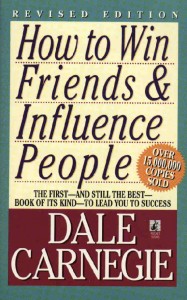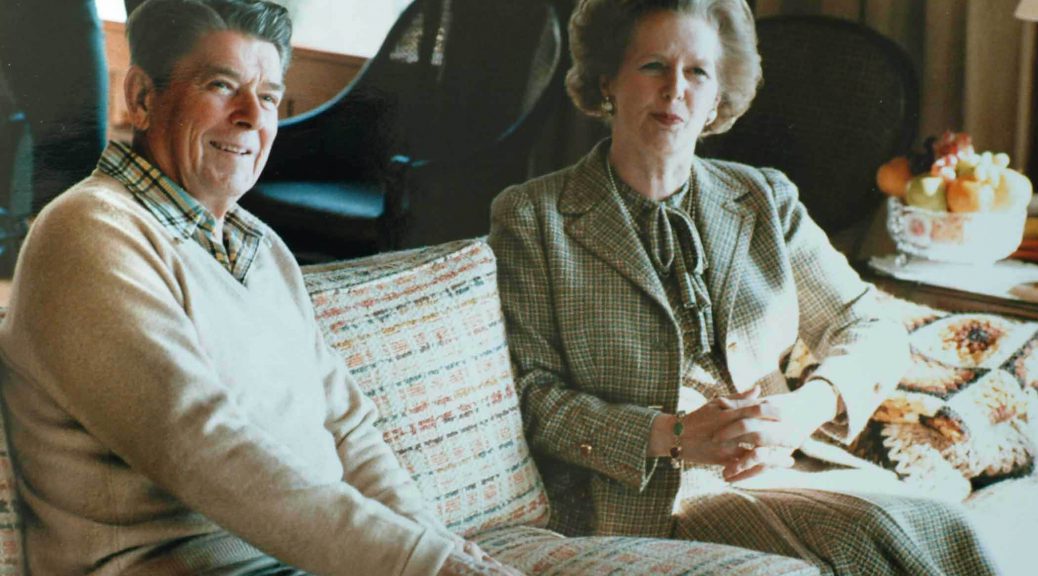Coca-Cola has a new advertisement that expresses the spirit of the games with their highly profitable sugar water business.
Margaret Thatcher on Public Expenditure in 1981
 On Public Expenditure in 1981: “You turn [u-turn] if you want to; the Lady’s not for turning” is her most famous line from the early 1980s. Thatcher did not believe that increased government spending would prevent further economic recession. Some of her cabinet colleges (the wets) revolted and she had a few of them sacked over this philosophical dispute between entrenched statism and her limited government vision. The party faithful were taking the heat for the continued poor performance of the economy until the budget speech where she spoke of the road she was taking. But there were relapses later that year.
On Public Expenditure in 1981: “You turn [u-turn] if you want to; the Lady’s not for turning” is her most famous line from the early 1980s. Thatcher did not believe that increased government spending would prevent further economic recession. Some of her cabinet colleges (the wets) revolted and she had a few of them sacked over this philosophical dispute between entrenched statism and her limited government vision. The party faithful were taking the heat for the continued poor performance of the economy until the budget speech where she spoke of the road she was taking. But there were relapses later that year.
The recession was blamed on oil prices. The unemployment was also caused by high wages and low production. However, the wets agitated again in late 1981 to make a u-turn similar to Mitterrand of France. This was a difficult time for Thatcher’s monetarist policies because it failed to improve the economic situation in the 1981-82 period. The Conservative Party stress blew up repeatedly and a full cabinet re-shuffle was necessary to weaken the ‘wets’ within the party. Thatcher could not tolerate dissent and the unfaithful. Thatcher’s economic policy guided other western countries in subsequent years.
 On Ronald Reagan: Early Talks
On Ronald Reagan: Early Talks
Reagan’s election was a watershed for the US and the World. He shared many of the same ideas as Thatcher. However, she disagreed with him on deficit reduction, which Reagan was not taking seriously. Reagan stood for a renaissance against the increased threat of communism. He spoke eloquently about the horrors of communism. Thatcher also hatedthe USSR and she wanted to end what she called the repression of the Russian people. Reagan was the leader of world freedom. He was also amiable and charming.
Thatcher met Reagan as the first head of government to do so. She knew not to pressure him on issues that he could not resolve. The “one principle of diplomacy which diplomats oath to recognize more often: there is no point in engaging in conflict with a friend when you are not going to win and the cost of losing may be the end of the friendship.” Thatcher shared Reagan’s concern over El Salvador’s communist movement. The Washington press core noted Thatcher’s failure in government and pointed to the neoconservative vantage as a fraudulent one. The economic problems in America could not be solved using the Thatcher experiment. However, Thatcher’s rebuttal was that entrench nationalization was much worse in Britain. Socialism in Britain was not present in the US, so there is a fallacy of composition in their critique of her policies.
Made in China: How China Become A Communist State
This is a documentary that details the rise of Mao, and modern China.
How to Win an argument: Warren Buffett
 Learning How to Effectively Use Praise and Criticism is the Primary Task of a Manager: We need praise, because it inspires us to do better. You do not want to criticize for something you did or didn’t do. We often do not like criticism. No one wins friends without praise. Using both praise and criticism is the most effective. You should praise the small, and large, never miss an opportunity, and remember people’s names. Nothing is sweeter to another person, than to hear their own name. You should always acknowledge an idea, then provide counter-examples.
Learning How to Effectively Use Praise and Criticism is the Primary Task of a Manager: We need praise, because it inspires us to do better. You do not want to criticize for something you did or didn’t do. We often do not like criticism. No one wins friends without praise. Using both praise and criticism is the most effective. You should praise the small, and large, never miss an opportunity, and remember people’s names. Nothing is sweeter to another person, than to hear their own name. You should always acknowledge an idea, then provide counter-examples.
PRAISE the person, CRITICISE the category: your should be quick to praise, an individual banker, but you should blame the banker indirectly.
How To Win An Argument: To win an argument, you sometimes have to lose. The best way to argue is to ensure that the others do not lose face. It is better to agree with someone, and then have that person listen to your ideas. You need to reduce conflict. Benjamin Franklin’s business and life philosophy is powerful. You should avoid arguments. You should not use words that are certain, but do not contradict them abruptly. You should modestly position your views. Avoiding arguments is a way of accepting other people’s opinions.
Henry Ford said that if there is one secret of success it is to see things from other people’s position. You should seek out what people want. Connect their wants with your goals.
 Encourage Others To Come Up with the Right Idea: Warren likes to set their own goals and standards, employees will set the standards higher. Warren’s silence, drives their performance. No one likes to be ordered about. If it is your own idea, then you will act on something with conviction. Instead of saying “don’t swim in the lake” you should illustrate the matter “If you swim in the lake, you will be eaten by a shark.” You should ask what your subordinates want from you. Then ask what you would expect from them.
Encourage Others To Come Up with the Right Idea: Warren likes to set their own goals and standards, employees will set the standards higher. Warren’s silence, drives their performance. No one likes to be ordered about. If it is your own idea, then you will act on something with conviction. Instead of saying “don’t swim in the lake” you should illustrate the matter “If you swim in the lake, you will be eaten by a shark.” You should ask what your subordinates want from you. Then ask what you would expect from them.
Ask Questions Instead of Direct Orders: asking questions makes you more palatable. It’s better to let people figure something out themselves. Warren Buffet peppers his managers with tough questions, they are direct orders that have been masked.
“This is not the way to do it.” versus “Is there a better way to do that?”
When you are wrong you should admit it: no one can stand someone who won’t admit that they are wrong. Managers who don’t admit that they are wrong which causes a festering. Warren is upfront about mistakes made. People respect honesty. Warren wins the trust of his shareholders.


